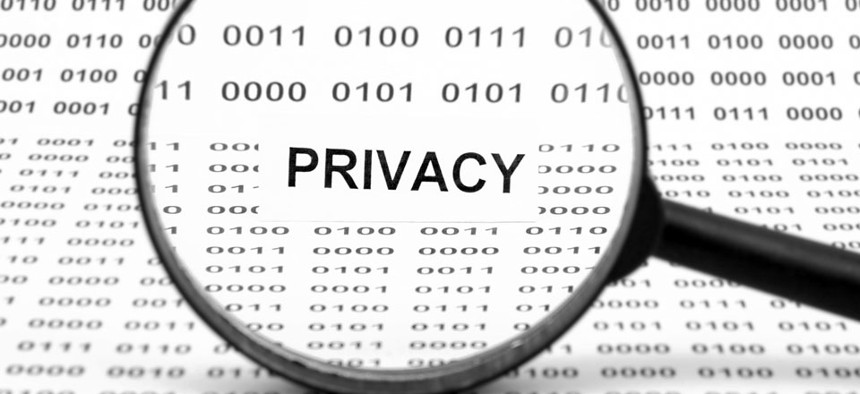Obama Calls on Congress to Pass Data Privacy Laws

Popartic/Shutterstock.com
The president will urge lawmakers to pass laws to combat hacking and protect student privacy.
In the wake of the massive breaches of Target, Home Depot, and Sony, President Obama will urge Congress on Monday to pass a law to protect consumers when hackers steal their personal information.
The president's proposed Personal Data Notification and Protection Act would require companies to notify their customers within 30 days if their personal information has been exposed. The bill will likely have broad support from business groups, which would prefer to comply with a single national notification standard rather than the current patchwork of state laws.
Obama also plans to announce his support for a new bill to protect student privacy. The Student Digital Privacy Act, which is based on a California law, would prevent companies from selling student data to third parties for non-educational purposes or from targeting advertising to students based on data collected in schools.
The push comes amid growing concerns that new technologies may provide exciting educational tools—but may also give companies access to sensitive academic information of students.
Jim Steyer, the CEO of privacy group Common Sense Media, said he is "thrilled" with the student privacy bill. Students, he said, "deserve the opportunity to use educational websites and apps to enrich their learning without fear that their personal information will be exploited for commercial purposes or fall into the wrong hands."
Obama will announce the new initiatives in a speech Monday at the Federal Trade Commission. The announcements are part of a series of previews of his upcoming State of the Union address.
The president will also renew his push for a sweeping Consumer Privacy Bill of Rights. Within 45 days, the White House plans to release legislative language to enshrine the principles into law.
The White House first announced the series of online privacy rights in 2012 and urged Congress to take up the issue. But there was little movement on the Hill, and no legislation was introduced.
Marc Rotenberg, the executive director of the Electronic Privacy Information Center, said he supports the president's bills on student and consumer privacy. But he said he has some concerns with the data-breach notification bill. "It would preempt stronger state laws, and it lacks a private right of action," he explained.
In addition to the legislative proposals, Obama will announce several steps he is taking on his own to bolster privacy protections. The White House secured commitments from 75 companies, including Apple and Microsoft, to provide privacy protections to students, teachers, and parents. The Energy Department will release new voluntary guidelines for utilities to protect consumer electricity data.
JPMorganChase, Bank of America, USAA, and the State Employees' Credit Union agreed to provide free credit scores to their members. "Through this effort over half of all adult Americans with credit scores will now have access to this tool to help spot identity theft," the White House said.
Obama will make additional announcements later this week about his plans for cybersecurity and Internet access. On Tuesday, he will travel to the National Cybersecurity and Communications Integration Center to tout efforts to increase voluntary cybersecurity information-sharing between the private sector and the government.
On Wednesday, the president will go to Iowa, where he will announce a plan to increase affordable access to broadband. On Thursday, Vice President Joe Biden will travel to Norfolk, Va., to announce new funding to train Americans for cybersecurity jobs.
(Image via Popartic/Shutterstock.com)
NEXT STORY: Using big data to benefit veterans






